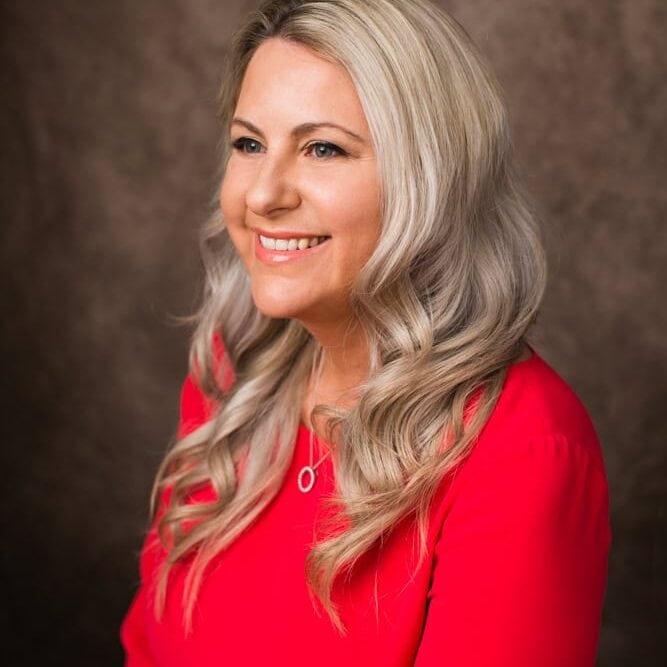When starting out, they are managing everything from websites to social media to hiring and firing, but what about income and retirement? And what about maternity leave?
One of the biggest problems I see as a GP when it comes to the self employed is a lack of financial planning.
In fact, last week, a patient of mine broke his ankle and couldn’t work as a self-employed car mechanic for 6 weeks while he was in plaster, on crutches.
To say he was panicking was an understatement.
He had several problems:
- The first being a lack of savings at all. Literally. None!
- The second was that he had no kind of sickness cover or income protection in place.
- The third was that he still had a mortgage and bills to pay and a family to support and he had been living hand to mouth as it was!
The self-employed are a unique bunch. They have total control of everything – the hours they work, the time they spend on a project, the prices they charge for their services. But this also means they have FULL control of their pension and their sickness benefits too.
If a self employed person can no longer work, the financial help available is not good, and certainly not quick to access. In fact, if you are not considered to be “gainfully employed”, you would be expected to find a job. And if you can’t work due to illness, you’ll have to jump through hoops to prove that you can’t do any kind of job while sick. Not to mention that this process is getting harder and harder to go through as time goes by.
So what’s the solution?
Let me introduce you to the two P’s……
Protection and Planning!!
Self-employed people need to have a plan in place for adverse eventualities such as not being able to work through sickness. They also need to have money for retirement.
Both of these things require thinking ahead.
My suggestions include:
- Having an emergency fund in place – a sum of money that would cover your outgoings for 3-6 months, after which an income protection plan could kick in should the worst happen;
- Looking at insurances, particularly income protection and sickness cover. It’s cheaper to have it start after a few months, so this works well with a decent savings pot;
- Planning ahead for retirement and starting a pension. This can easily be done through sites like Hargreaves Lansdown or Vanguard in a self-invested personal pension. If in doubt, seek out financial support from a financial adviser to guide you.
- Thinking about maternity leave and how long you could take off. Statutory maternity pay isn’t huge, so consider if you could live off of this, and how else you could support yourself while enjoying your new baby!
So while you are focusing on the job at hand, don’t forget to look after your finances too. With great freedom comes great responsibility – what plans do you have in place should you no longer be able to support yourself?
If you’d like to discuss these topics, or get more support in a friendly and supportive environment, I run a free private facebook group here: https://facebook.com/groups/thefemalemoneydoctor
I look forward to “meeting” you!
Dr Nikki
The Female Money Doctor
info@thefemalemoneydoctor
See November/December 2019 issue


